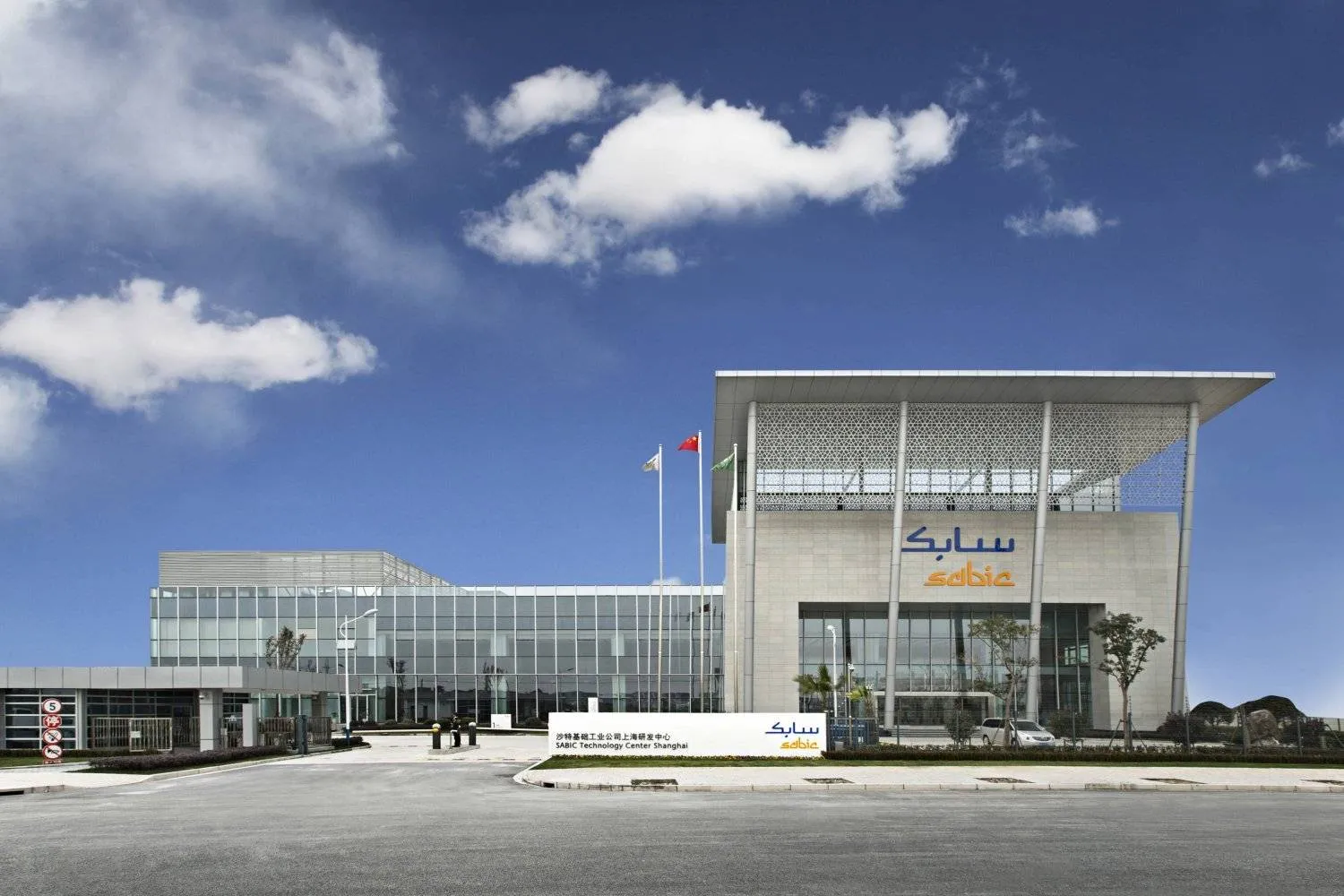Saudi Basic Industries Corp (SABIC), one of the world’s biggest petrochemical companies, beat analysts’ forecasts in the second quarter, indicating a recovery in the petrochemical sector.
SABIC, 70% owned by Aramco, posted a profit of SAR 2.18 billion ($581 million), significantly higher than the expected SAR 859.5 million. This represents an 84.7% jump from the previous year.
The company attributed the rise to better product margins and reiterated its commitment to improving its strategic portfolio and restructuring weak assets.
The global petrochemical industry is recovering after a tough 2023, characterized by slow demand growth and overproduction.
SABIC credited its growth to a 32% rise in gross profit to SAR 1.76 billion ($469 million), due to better margins on key products, though higher operating expenses from one-off charges partly offset this.
Additionally, reversing a Zakat provision resulted in non-cash gains of SAR 545 million in Q2, up from SAR 440 million in the same period in 2023, due to recent regulatory updates.
Global trade showed signs of recovery, driven by higher exports, inventory restocking and increased financial activities, said SABIC CEO Abdulrahman Al-Fageeh.
As inflationary pressures ease some central banks have begun reducing interest rates, potentially providing additional stimulus to the global economy, he added.
Mohammed Al-Farraj, Senior Asset Management Director at Arbah Capital, stated that improved profit margins boosted SABIC’s earnings despite higher operating expenses in Q2.
Speaking to Asharq Al-Awsat, Al-Farraj highlighted potential future challenges for SABIC, including price volatility, as its profits depend heavily on fluctuating raw material and product prices.
He also mentioned intense competition in the petrochemical industry and changes in the global economy.
Al-Farraj added that anticipated interest rate cuts by the US Federal Reserve could further grow SABIC’s profits in the second half of the year by reducing borrowing costs and encouraging investment in new projects and expansion.
Former senior advisor to the Saudi Energy Minister, Dr. Mohammed Al-Sabban, predicted a recovery in the petrochemical sector, driven by increased demand from Asian countries, especially China.
He noted that despite current economic fluctuations in China, government efforts to avoid a recession are expected to succeed by the fourth quarter, with a more significant recovery in 2025.
Al-Sabban told Asharq Al-Awsat that the recovery will be supported by other developing countries, leading to gradual price increases, benefiting Saudi petrochemical companies. He expressed optimism about continued sector growth in the coming phase.









